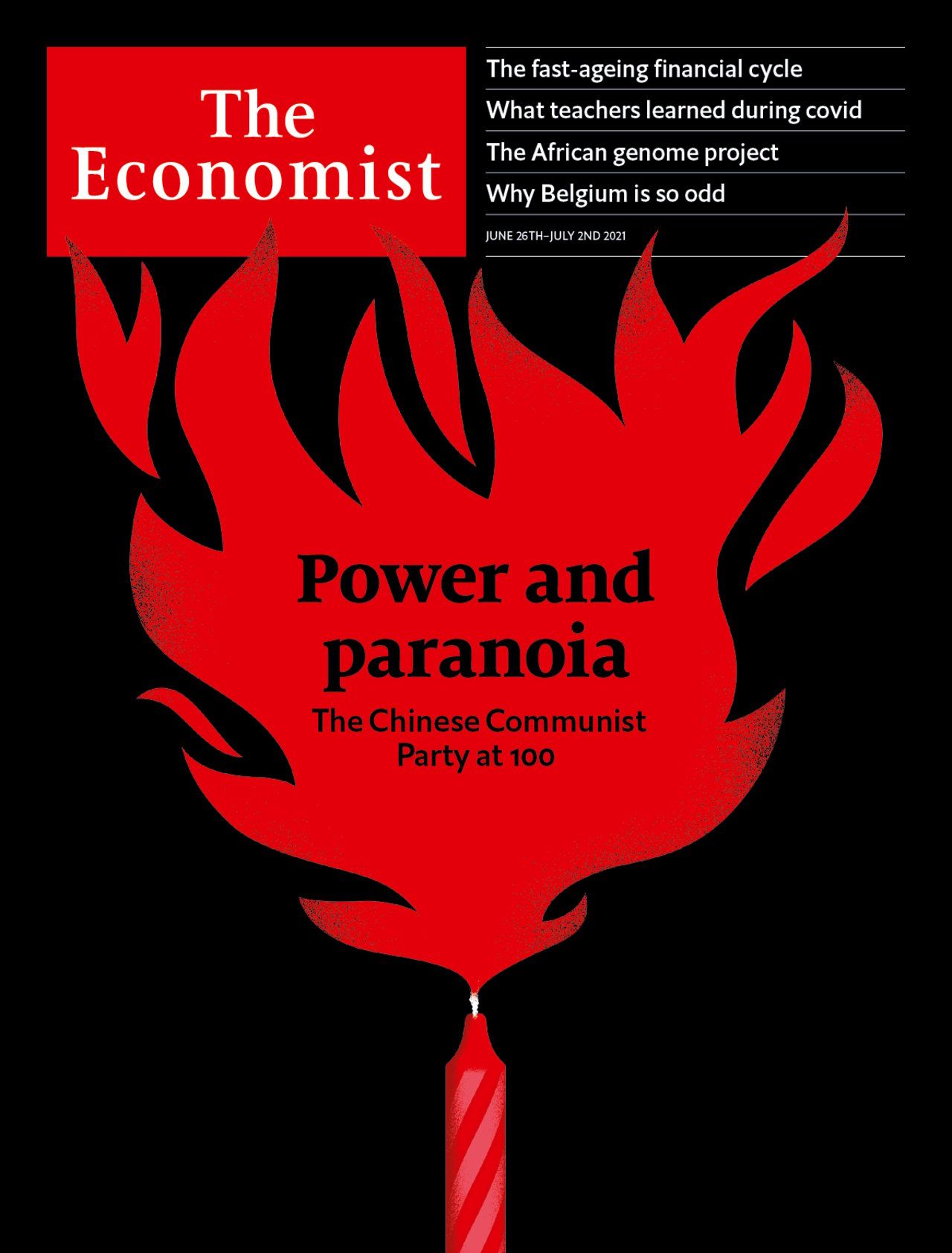Global markets adapt to a change in the Federal Reserve’s tone
Those betting on reflation and commodities lose out

FOR SEVEN months most investors have been singing the same uplifting song. Since Pfizer and BioNTech published the successful results of trials of their covid-19 vaccine last November, the way to make money in markets has been to bet on a roaring rebound in the global economy, as pent-up demand for all the things the pandemic denied people—holidays, dining out, shopping—was unleashed. This “reflation” trade lifted the prices of commodities used in construction, such as copper and lumber, to record heights. It lifted global stocks, especially the share prices of firms hardest hit by the pandemic, such as cruise operators and retailers. The currencies of emerging economies, which tend to benefit more than most from global economic strength, rallied against the dollar and the euro. Bond yields climbed, along with expectations of speedy growth and higher inflation.
This article appeared in the Finance & economics section of the print edition under the headline “The Fed prompts a change of heart”
Finance & economics June 26th 2021
- The international role of the euro
- Global markets adapt to a change in the Federal Reserve’s tone
- Three corporate giants are posing a stiff test for Chinese banks
- A new phase in the financial cycle
- An anniversary for free traders
- Europe’s biggest neobank wants to take over the world
- Economics needs to evolve
More from Finance & economics

Can anything spark Europe’s economy back to life?
Mario Draghi, the continent’s unofficial chief technocrat, has a plan

Has social media broken the stockmarket?
That is the contention of Cliff Asness, one of the great quant investors

American office delinquencies are shooting up
How worried should investors be?
China is suffering from a crisis of confidence
Can anything perk up its economy?
America has a huge deficit. Which candidate would make it worse?
Enough policies have been proposed to make a call
Why Oasis fans should welcome price-gouging
There are worse things in life than paying a fair price
